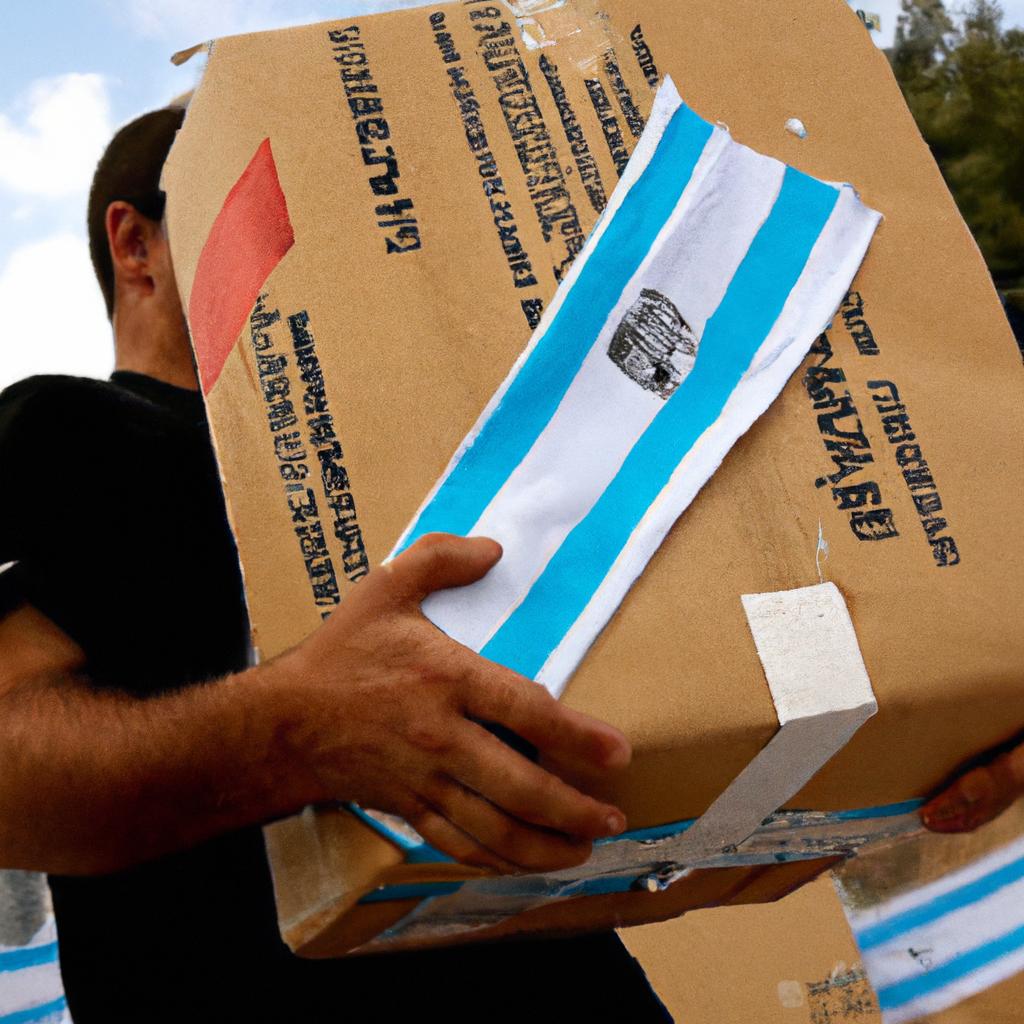Israel’s Consideration of Private Security Contractors for Humanitarian Aid Transportation in Gaza
In light of the challenges faced by aid organizations in delivering humanitarian assistance to Gaza, Israeli officials are contemplating the use of global private security firms to ensure the safe passage of aid shipments. Amid the ongoing tensions and security risks in the region, this potential strategy is aimed at addressing the safety concerns of aid workers and the efficient delivery of supplies.
The Current Landscape
Over the years, the delivery of aid to Gaza has been hindered by security risks and the volatile political climate. Traditional security measures have proven insufficient in ensuring the safe transit of aid convoys, prompting Israel to explore alternative solutions.
The Role of Private Security Contractors
Private security contractors are skilled professionals with expertise in safeguarding assets, individuals, and facilities in high-risk environments. Israel aims to leverage their capabilities to enhance the security of aid shipments and facilitate the timely delivery of humanitarian assistance to Gaza.
Advantages of Utilizing Private Security Contractors
The benefits of employing private security contractors include their proficiency in security operations, ability to adapt to evolving threats, efficient coordination with local authorities, and enhanced risk management capabilities.
Effective Implementation of Private Security Services
In considering the use of private security contractors for aid shipments to Gaza, it is crucial to conduct thorough background checks on security providers, establish clear communication protocols, define roles and responsibilities, and regularly assess and update security measures.
Successful Case Studies
Numerous countries and organizations have effectively utilized private security contractors to protect aid shipments in challenging environments, resulting in improved security, enhanced coordination, and risk management.
Insights from Experienced Individuals
Learning from firsthand experiences and recommendations of individuals who have worked with private security contractors can provide valuable insights for Israel’s upcoming initiatives, enabling better preparation for the implementation of private security services.
Conclusion
Israel’s exploration of using private security contractors for aid shipments to Gaza reflects a proactive approach to enhancing the safety and efficiency of humanitarian operations in the region. With careful planning and coordination, this strategy has the potential to benefit aid organizations, recipients, and security providers alike.




